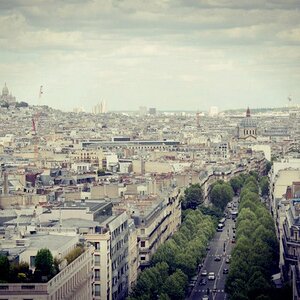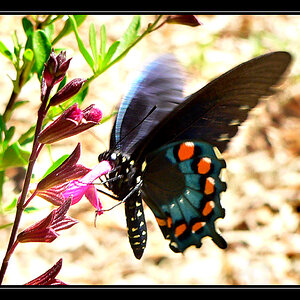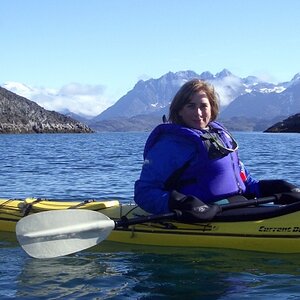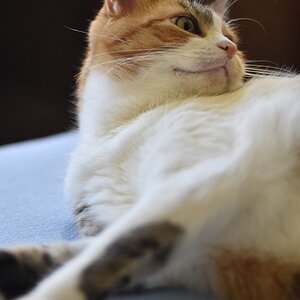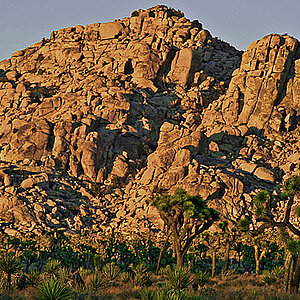StvShoop
TPF Noob!
hello everyone!
i've been a stranger to the photoforum :? only had time to buzz through a very few of your marvelous photos since college started this semester. I'll make a decree to myself to get back into the groove of here as soon as school is out, maybe sooner!
^---- that's all introductory matter, it wouldn't be right to plop down the meat of my question here without attempting to excuse my long absence. forgive me!
so here's the beef.
allora...
why do photographers, architects, writers, etc. (all the "creative" people) make things? why do they create new stuff, things and concepts which never existed before?
and why are many people content to not create the new?
the muse is at my ear, i want to extend my currently realized creativity outside myself (onto the forum for example) so i can come back and see it again tomorrow.
i remember lots of great discussions i've read here and taken part in, which i really learned a lot from. you guys rock :thumbsup: so what do the photographers think about the dark red?
if there's a topic like this already, please direct me
i've been a stranger to the photoforum :? only had time to buzz through a very few of your marvelous photos since college started this semester. I'll make a decree to myself to get back into the groove of here as soon as school is out, maybe sooner!
^---- that's all introductory matter, it wouldn't be right to plop down the meat of my question here without attempting to excuse my long absence. forgive me!
so here's the beef.
allora...
why do photographers, architects, writers, etc. (all the "creative" people) make things? why do they create new stuff, things and concepts which never existed before?
and why are many people content to not create the new?
the muse is at my ear, i want to extend my currently realized creativity outside myself (onto the forum for example) so i can come back and see it again tomorrow.
i remember lots of great discussions i've read here and taken part in, which i really learned a lot from. you guys rock :thumbsup: so what do the photographers think about the dark red?
if there's a topic like this already, please direct me




![[No title]](/data/xfmg/thumbnail/35/35669-485de67e98a042d63d728593720828a0.jpg?1619737091)
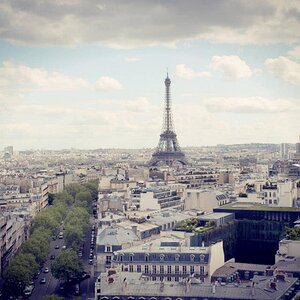
![[No title]](/data/xfmg/thumbnail/38/38264-552eb428d8a704186dcc43400f417d0f.jpg?1619738548)

